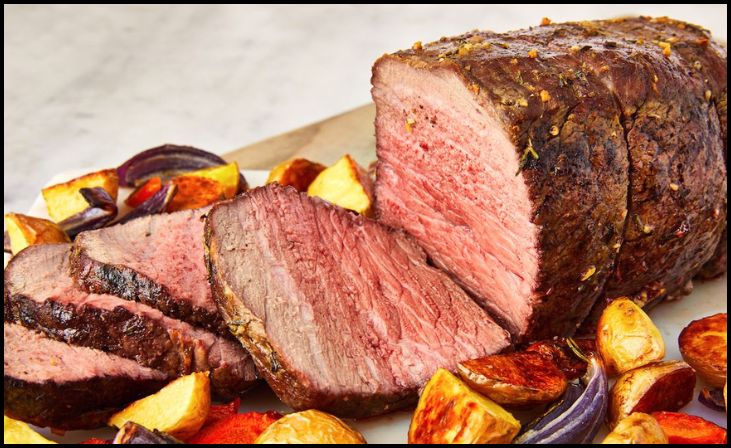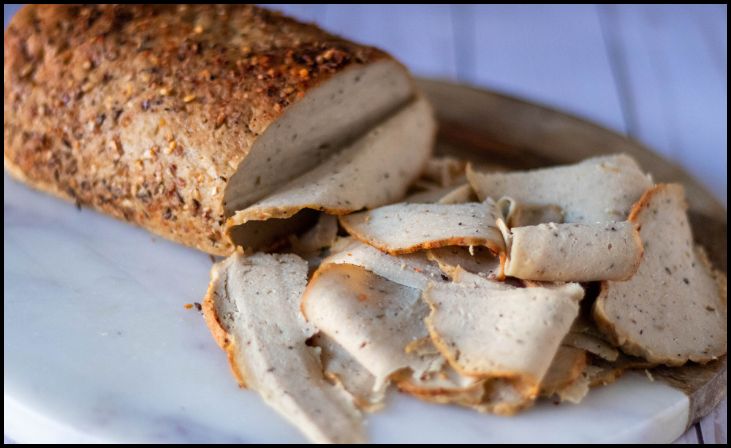Deli meats are a convenient and tasty option for sandwiches, salads, and snacks. However, many of these processed meats are loaded with sodium, which can contribute to high blood pressure and other health issues when consumed in excess. In this article, we’ll explore the ten unhealthiest deli meats ranked by their sodium content, helping you make more informed choices for your diet.
Ham

Ham is often cured with salt and other preservatives, making it one of the highest sodium deli meats available. A single serving of ham can contain up to 1,200 milligrams of sodium, which is about half of the recommended daily intake. While it’s a popular choice for sandwiches and holiday meals, it’s best to consume ham in moderation to avoid excessive sodium intake.
Salami
Salami is typically high in sodium due to its curing process, which involves salt and sometimes additional sodium-containing ingredients like sodium nitrate. A serving of salami can pack in around 1,100 milligrams of sodium. The combination of high fat and high sodium makes salami a less healthy option, particularly for those watching their blood pressure or overall sodium intake.
Bologna
Bologna is another processed meat that tends to be high in sodium, as it is cured and seasoned with salt and other additives. A single slice of bologna can contain up to 900 milligrams of sodium. The processing methods used to create bologna also introduce various preservatives and fillers, making it one of the unhealthiest choices among deli meats.
Corned Beef
Corned beef is brined in a salt solution, which results in a high sodium content. A typical serving of corned beef can have around 800 milligrams of sodium. While it’s a tasty option for dishes like Reuben sandwiches and hash, corned beef should be consumed in moderation to avoid excessive sodium intake, especially for those with heart health concerns.
Pastrami
Pastrami is seasoned with a blend of spices and salt before being smoked or steamed, leading to a relatively high sodium content compared to other deli meats. A serving of pastrami can contain up to 780 milligrams of sodium. Its rich flavor and versatility in sandwiches make it popular, but its high sodium levels warrant cautious consumption.
Roast Beef

While roast beef may seem like a healthier option, it can still be high in sodium, especially if it’s seasoned with salt or other sodium-containing ingredients during the cooking process. A serving of roast beef can have around 700 milligrams of sodium. Opting for unseasoned or lightly seasoned roast beef can help reduce sodium intake while still enjoying this protein-rich meat.
Turkey Bacon
Although marketed as a healthier alternative to pork bacon, turkey bacon can still be high in sodium, particularly if it’s heavily processed and seasoned. A few slices of turkey bacon can contain up to 600 milligrams of sodium. It’s a leaner option in terms of fat content, but the sodium levels are still a concern, making it important to check labels and choose lower-sodium varieties if possible.
Pepperoni
Pepperoni is a highly seasoned and cured meat, resulting in a high sodium content per serving. A few slices of pepperoni can add up to 500 milligrams of sodium. Commonly used as a pizza topping or in sandwiches, pepperoni’s high sodium and fat content make it one of the less healthy deli meat options.
Capicola
Capicola, also known as coppa, is a cured and seasoned Italian deli meat that can be high in sodium, especially if it’s made with traditional curing methods. A serving of capicola can contain around 480 milligrams of sodium. Its rich flavor and tender texture make it a favorite in Italian sandwiches, but moderation is key due to its sodium content.
Sliced Turkey Breast

While turkey is generally considered a lean protein option, sliced turkey breast from the deli can still be high in sodium, particularly if it’s processed or seasoned with salt. A serving of sliced turkey breast can have around 450 milligrams of sodium. Choosing fresh, unprocessed turkey breast and seasoning it yourself can help you control the sodium levels while still enjoying this versatile meat.
